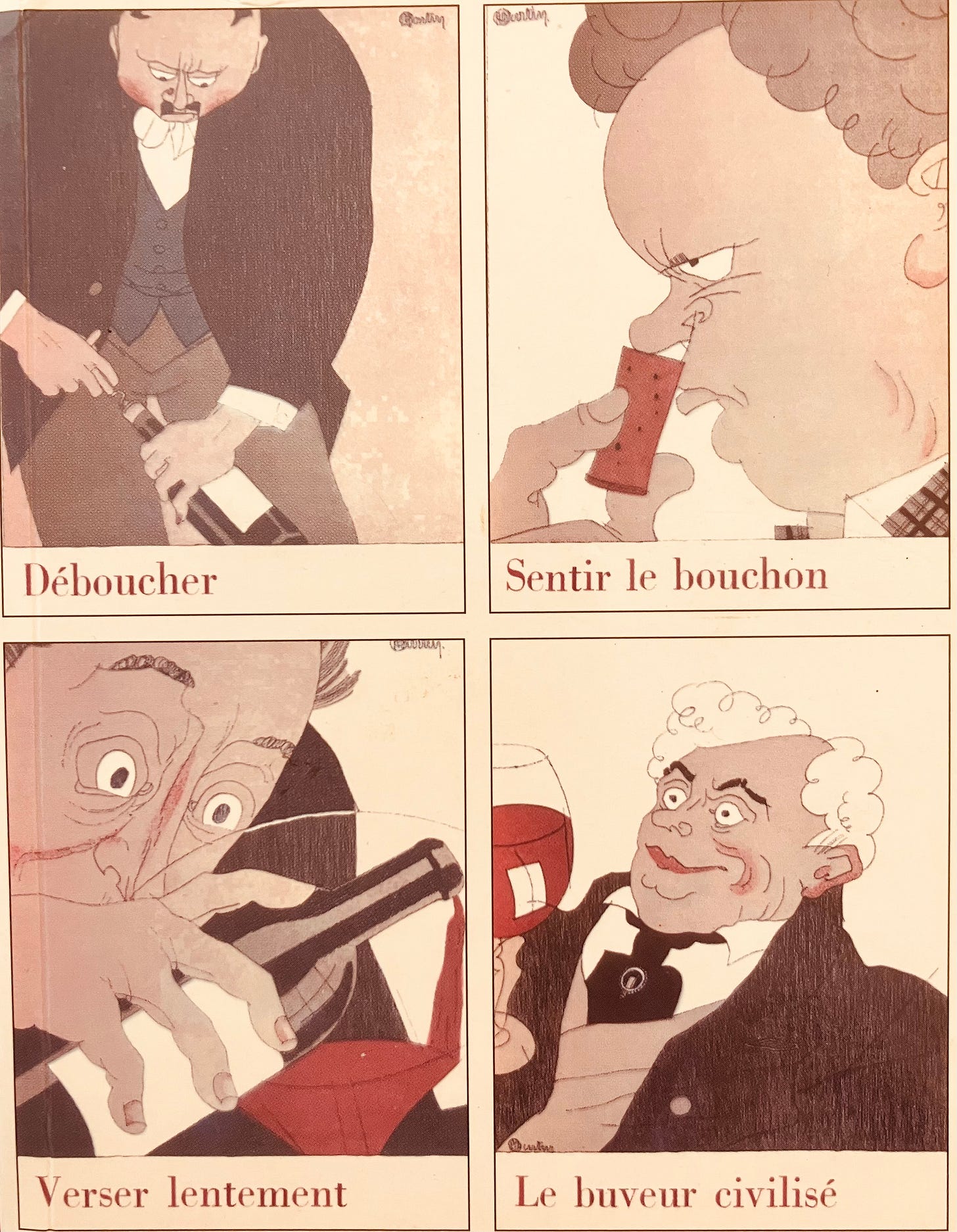A Fragmentary Thursday
An observation from the Parisian metro: Many, many people, almost all of them young, are walking around with cell phones with shattered screens. (No, I’m not being nosy—they’re right up on top of you on some of the more crowded lines and many of them seem to have no qualms about getting on their phones in the middle of packs of people).


